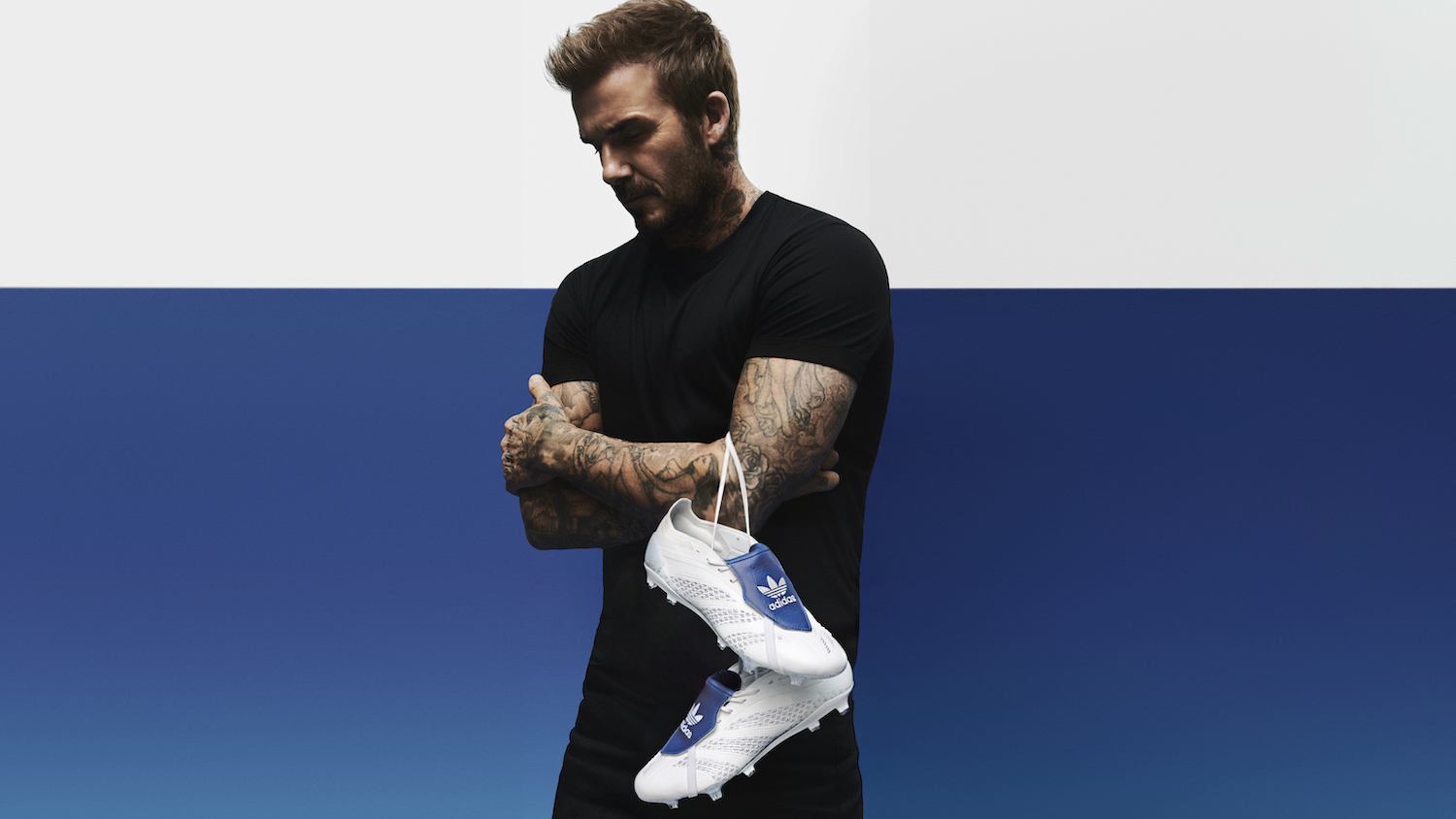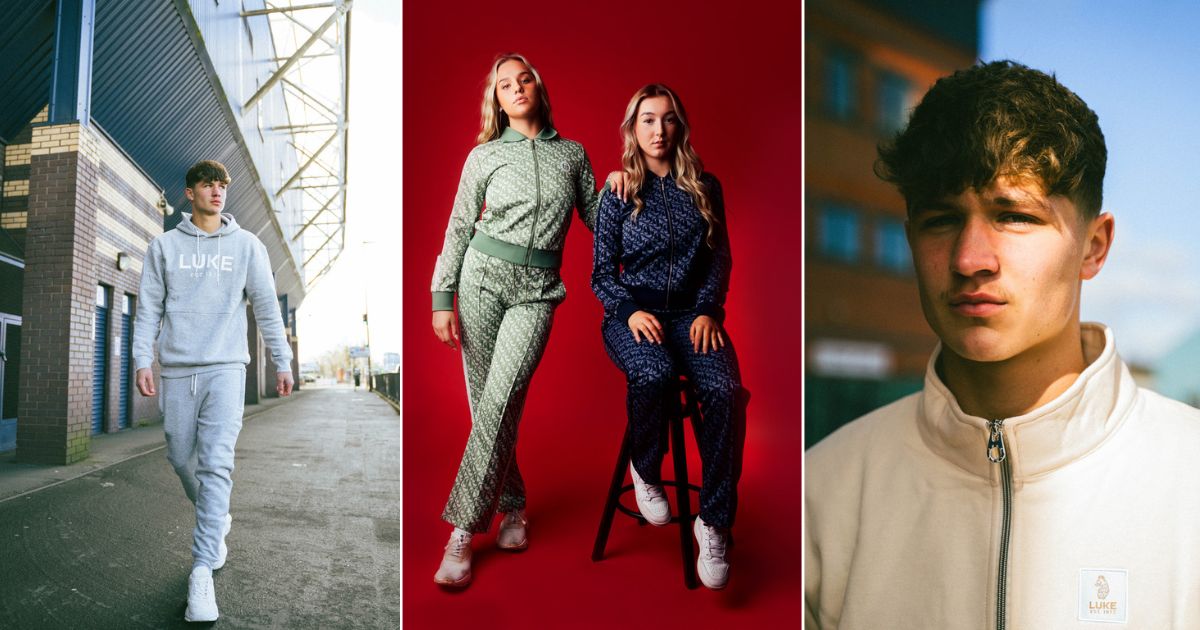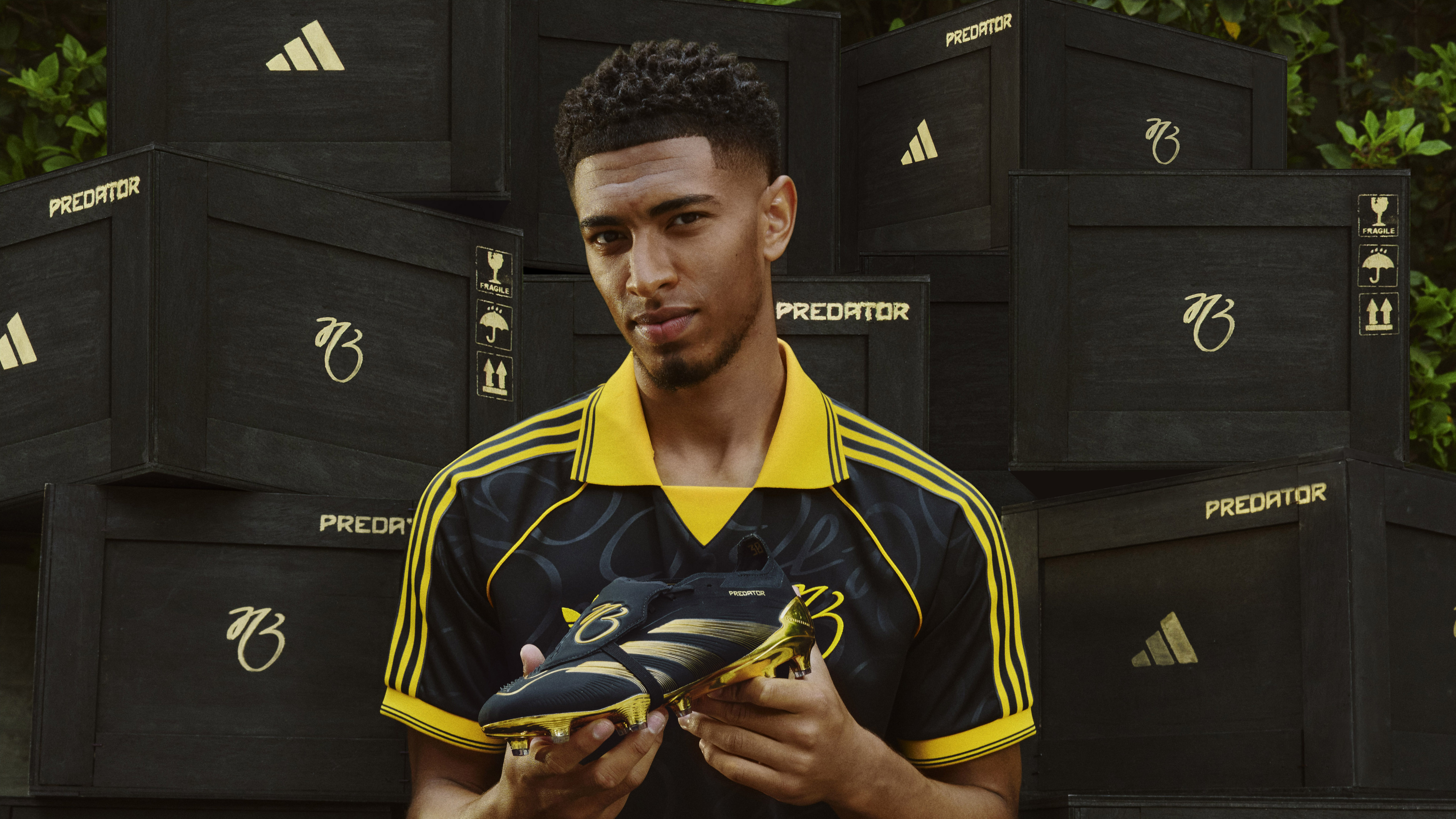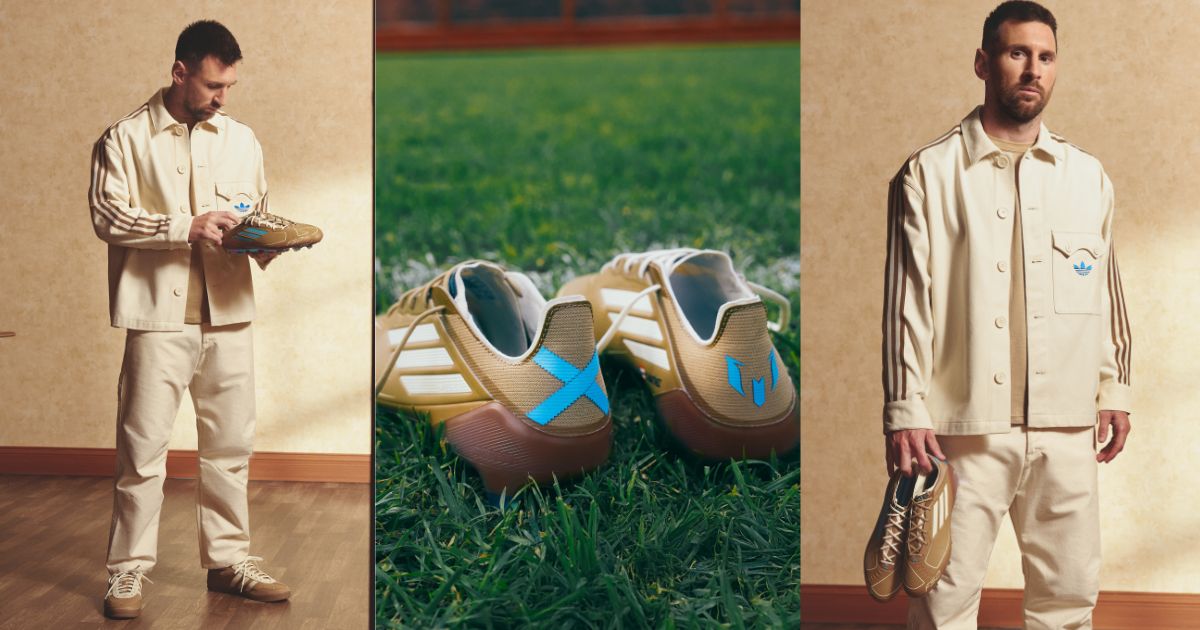
Football is more than just a sport, it’s a cultural multiplier that influences people around the world, shaping trends and inspiring communities beyond the field. Central to this phenomenon is the powerful partnership between athletes and brands, where collaborations go beyond the game itself.
From David Beckham, who was included in FourFourTwo's greatest team of our lifetime and his iconic work with Predator to Lionel Messi’s cross-category campaigns with Adidas, these collaborations are not just endorsements. They are defining moments that connect cultures and forge strong emotional ties with fans.
Athletes have evolved into cultural icons whose impact reaches into fashion, music, and social causes. Collaborations enable them to amplify their voices, providing a platform to express their individuality while partnering with brands that resonate with their values.
Collaborations can be win-win

For fans, these alliances make their heroes more relatable, showcasing them as aspirational figures who excel on the field and navigate their journeys off it. For the athletes, these partnerships present opportunities to diversify their income, build their profile, and explore new creative paths.
Brands benefit as well, gaining access to engaged audiences and enhancing their credibility and cultural relevance by aligning with some of the most followed players in this global sport that we love. The landscape of athlete collaborations is as varied as the athletes themselves.

On one side, high-profile partnerships with global stars like Lionel Messi, David Beckham, Jude Bellingham, Bukayo Saka and Kylian Mbappe capture the spotlight. These collaborations lead to iconic moments, from signature products to memorable brand campaigns.
However, niche collaborations with next-generation talents or community-focused initiatives offer a refreshing sense of authenticity. By highlighting younger players these partnerships build trust and loyalty within specific communities, creating a personal connection that larger collaborations often miss - connecting with fans and the audience on a deeper and real level.
At DEFY, we take a look at creating partnerships that showcase a distinct perspective. By connecting niche brands with some of our most talented individuals, we illustrate that meaningful collaborations don’t always need large budgets.
The work of Ruby Doe and Jessie Gale with Sergio Tacchini, or Cole Deeming’s partnership with LUKE – a Midlands-based brand rich in football tradition – serve as excellent examples. Especially with Cole signing his first professional contract for West Brom, LUKE’s rich football heritage was a no-brainer.
These collaborations highlight how focused partnerships, can produce substantial returns for niche brands while enhancing the visibility of emerging talent. Traditionally, athlete collaborations in football focused on performance.
Signature boots and technical gear were the foundation of these partnerships, highlighting on-field achievements. However, the narrative has shifted.
Today’s collaborations blend sport, lifestyle, and culture. Capsule collections like Beckham’s 70s-inspired Predator line or multi-category campaigns that include apparel reflect the modern athlete’s muse both on and off the pitch.
Footballer collaborations now shape global fashion trends, transforming players into influencers who redefine the essence of being a professional athlete. The power of these collaborations lies in their ability to convey engaging stories.
Athletes’ personal experiences often resonate with their fans' aspirations, fostering a connection that feels genuine and intimate. Through the vast number of social media platforms like Instagram, YouTube and Tiktok these narratives reach audiences instantly, enhancing the impact of partnerships and bringing fans closer to their heroes.
Collaborations also merge inspiration with accessibility, allowing fans to envision themselves like their idols while interacting with products that seem attainable. Navigating the world of athlete collaborations comes with its own set of challenges.
Striking a balance between authenticity and commercial goals is crucial, as overly commercial partnerships can alienate fans and drive them running to the hills. Excessive exposure may lessen the uniqueness that makes these collaborations appealing, and brands increasingly need to ensure their partnerships reflect the diversity and inclusivity of football’s global audience.
One often overlooked benefit of these collaborations is their impact on an athlete’s self-identity. Footballers lead highly structured lives, often lacking control over their daily routines, from diet to public appearances.

The pressure to perform consistently, both on and off the pitch, is significant. Engaging in meaningful collaborations provides players with an avenue for self-expression, allowing them to explore their creativity and pursue passions beyond the sport.
When these partnerships resonate with an athlete’s personal identity, they can be genuinely transformative. Partnerships hold particular importance for lesser-known footballers.
For young players or those in lower leagues, collaborations are crucial for enhancing their personal brand and social standing. These deals not only offer an additional income stream for players earning lower wages but also introduce them to the business landscape beyond football.
As the commercial aspect of the sport expands, young players are becoming aware of the significance of brand collaborations earlier, enhancing their value both on and off the field. Looking to the future, athlete collaborations are set to become even more innovative and purposeful.
With social responsibility taking centre stage, we can anticipate more partnerships that support meaningful causes, showcasing the commitment of both athletes and brands to effect positive change.
Technology will be a key player, with digital advancements transforming how athletes engage with their fans. Sustainability will also be a priority, as consumers increasingly demand more eco-friendly practices.
Athlete collaborations have transformed football into more than just a sport. They’ve created a global culture that blends performance, storytelling, and aspiration.
As brands like Adidas, New Balance, Nike and challenger brands such as Skechers continue to push boundaries, these partnerships will remain a powerful force, inspiring the next generation to see football not just as a game but as a lifestyle, a movement, and a story that continues to unfold.







